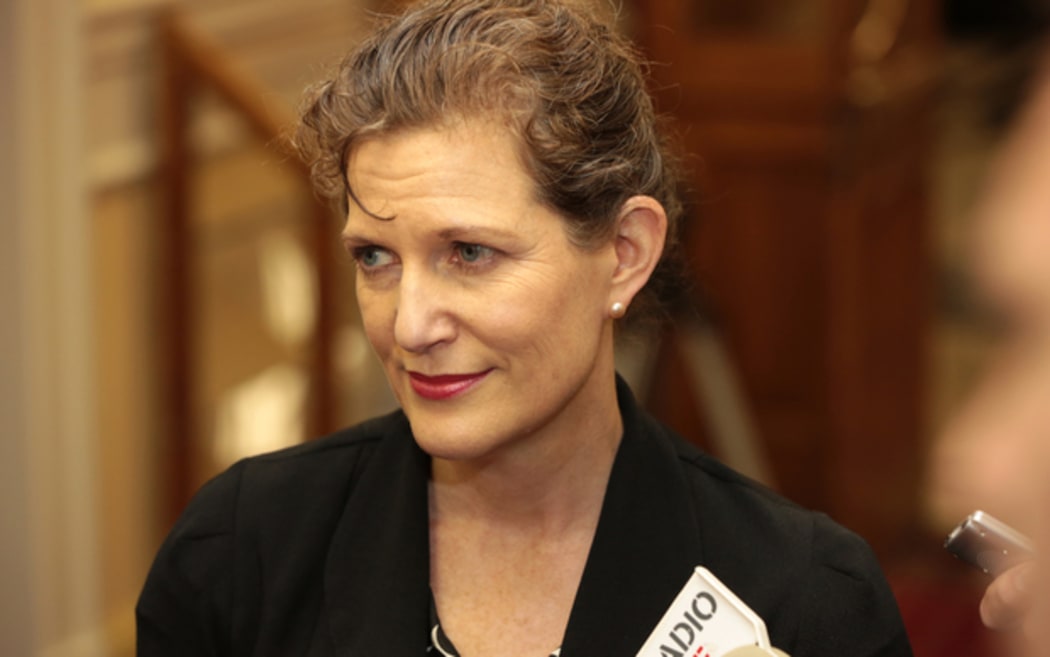No “jihadi brides” ever left New Zealand - leaving the SIS defending itself against accusations of fear-mongering and misleading the public.

Social media has been used by Islamic State to radicalise people in other Western countries and greater security is needed to stop that happening here, SIS boss Rebecca Kitteridge says. Photo: Unknown
Security Intelligence Service (SIS) director Rebecca Kitteridge made headlines last year when she told Parliament's Intelligence and Security Committee there was a developing trend of New Zealand women travelling to ISIS-controlled areas.
Kitteridge admitted in March that all of the women concerned had, in fact, left from Australia: "They were New Zealand citizens domiciled in Australia and they left from there," the spy agency said in a statement.
Today, she said she had never meant to mislead the New Zealand public.
Kitteridge didn't reveal the women’s country of origin “because the information about the women had come from a partner agency and we didn't have permission to release that information at the time”.
Labour leader Andrew Little said at the time that the Government "have deliberately and calculatedly created an impression that simply wasn't correct, that is there was a security risk that simply didn't exist".
Prime Minister John Key was also accused of misleading the public and scaremongering to suit his own political agenda.
For young Muslim women in New Zealand, the comments have contributed to distrust and profiling of their community.
READ: 'I'm not a jihadi bride'
Previously, The Wireless spoke to Hela Rahman, a 25-year-old who has been a NZ citizen for more than 20 years, who believed she was profiled after travelling on a family holiday to Iraq. She faced extensive questioning and security checks on her return, and later realised she could be one of those suspected of being a “jihadi bride”.
Rahman said the PM and SIS were fuelling prejudice against Muslims.
“In today’s current political environment where anti-Muslim sentiment is rife, the comments Kitteridge has made about Kiwi women travelling to join ISIS has caused the media to pick this up within a heartbeat and has created a sense of fear amongst the general public.”
She believes there is no proof that any of the New Zealand women who have gone to Iraq and Syria support the Islamic State.
“I am a prime example of how they don’t actually have any proof. What if those other women were just going to see their families?”

Security Intelligence Service (SIS) director-general Rebecca Kitteridge. Photo: RNZ / Diego Opatowski
Kitteridge has stood by the decision to discuss the risk posed without disclosing that they had not left from New Zealand.
"Well, I do understand that the media is interested in the local story, but that wasn't the focus from my point of view as director," she said.
"The security concern is the fact that New Zealand citizens are in an ISIS-controlled part of the Middle East and potentially could return here."
A version of this story was first published on rnz.co.nz.

